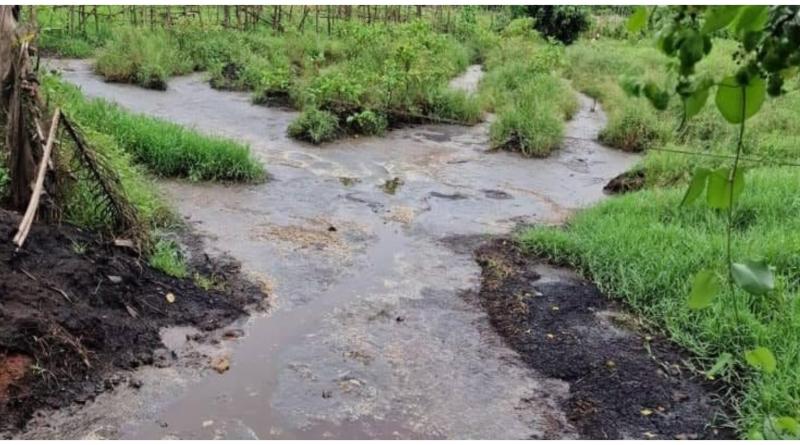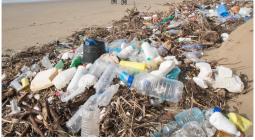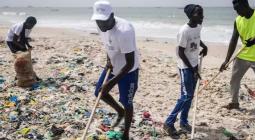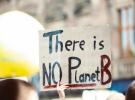IVORY COAST: agro-industrialist Adam condemned for polluting waterways in the country

Adam Afrique, the Ivorian producer of soaps and table oils made from palm nuts, has just been found guilty of polluting waterways in the south of Ivory Coast, near the Kossihouen recycling and technical landfill centre. In addition to the temporary closure of its site, Adam Afrique will have to restore the damaged environment on which hydrophilic plants and human beings depend.
In the towns of Kossihouen and Sikensi, located respectively in the Lagunes and Agnéby-Tiassa regions of Ivory Coast, Adam Afrique has been discharging its wastewater into watercourses for several years. The inspection visit by the Ivorian Ministers for the Environment, Sustainable Development and Ecological Transition, Assahore Konan Jacques, and for Water, Sanitation and Hygiene, Bouaké Fofana, to the sites of the Kossihouen recovery and technical landfill centre and the Adam Afrique unit on 22 April 2024, confirmed this situation and the extent of the ecological damage. The Centre Ivoirien Antipollution (CIAPOL) and the people affected had already made this alarming observation.
One of the alarming situations identified was the pollution of one of the rivers in the village of Kodiakro, in the Lacs region of Ivory Coast, where untreated effluent discharged by the Adam Afrique agro-industry is destroying marine biodiversity and affecting local populations. They are now forced to relocate or travel miles to find drinking water. “In the light of these discoveries, a crisis meeting was held, leading to the adoption of immediate measures”, states the Ministry of the Environment, Sustainable Development and Ecological Transition.
Restoring the damaged environment
In accordance with the provisions of its updated Environmental Code, set out in “Title V: Right of access to justice, reparation, administrative and criminal penalties“, those responsible for environmental pollution are liable to criminal and administrative penalties.
These include fines, imprisonment and even permanent closure of Adam Afrique’s Sikensi plant. In addition, the oil company is required to restore the damaged environment, rehabilitate polluted sites and compensate those affected by the pollution. A plan for implementing the recommendations made by the Ivorian Anti-Pollution Centre was also requested from Adam Afrique’s management. In particular, CIAPOL has asked the Ivorian producer to adopt practices that are much more mindful of and respectful of environmental issues.
This could make a major contribution to reducing water pollution in the West African country. In Ivory Coast, this pollution is also linked to illegal practices such as gold panning, which alone is responsible for 80% of water pollution in Alassane Ouattara’s country.





